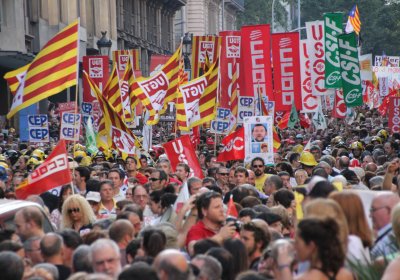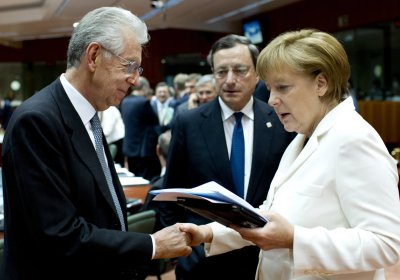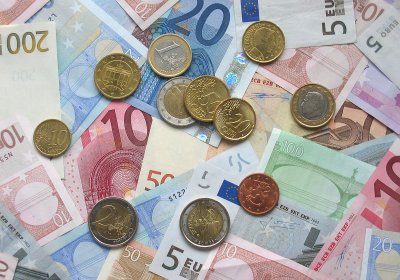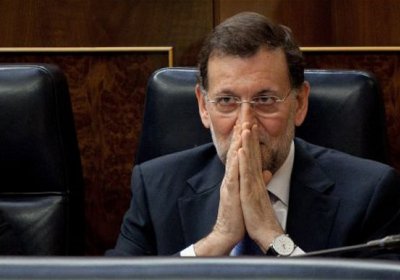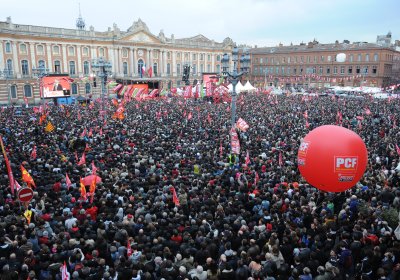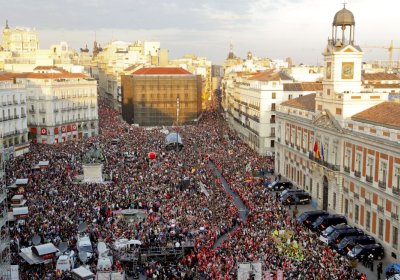Dick Nichols
When 3.5 million people protested on July 19 in more than 80 Spanish cities and towns ― against the austerity measures announced a week earlier by the Popular Party (PP) government of Mariano Rajoy ― it came as little surprise. It built on the growing wave of popular anger.
Facts are stubborn things. It is now clear even to German Federal Bank board members that the brutal austerity applied to the eurozone “periphery” ― Greece, Portugal, Spain, Ireland and Italy ― is not just bleeding these economies white, but starting to hurt the Eurozone “core” and world economy. As a result, the investors, the nurturing of whose fragile confidence has been the whole justification for austerity, feel like investing even less. “This time Europe really is on the brink,” said economists Nouriel Roubini and Niall Ferguson in a June 12 Der Spiegel commentary.
The results of the first round of the French presidential elections on April 22 shone a powerful spotlight on a society polarised by economic crisis and the austerity regime of president Nicolas Sarkozy and his ruling Union for a Popular Movement government.
Since the global economic crisis broke out in 2008, the many-sided protest movement against neoliberal austerity has yet to gain enough strength to force any real retreats from governments doing the bidding of capitalism’s ruling elites.
- Previous page
- Page 20
- Next page

